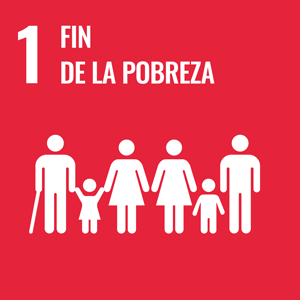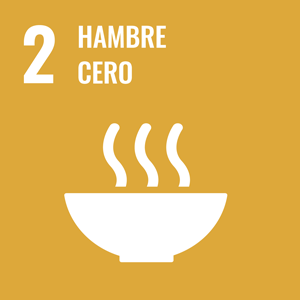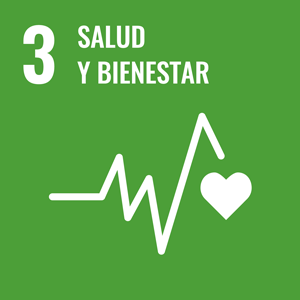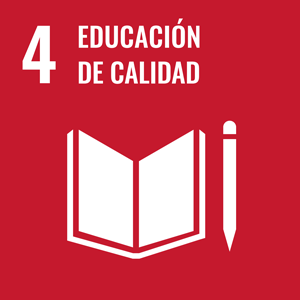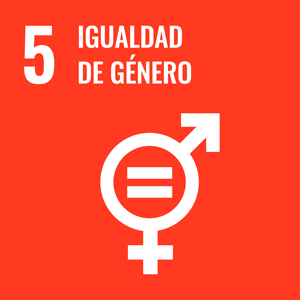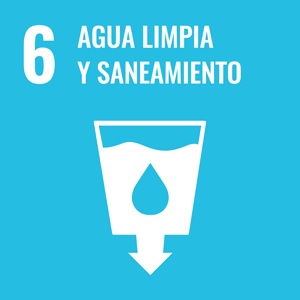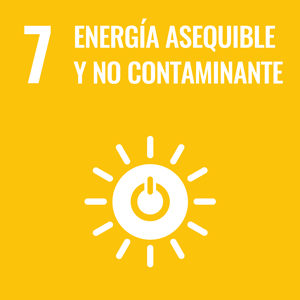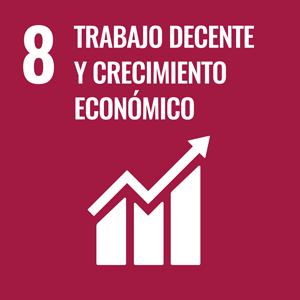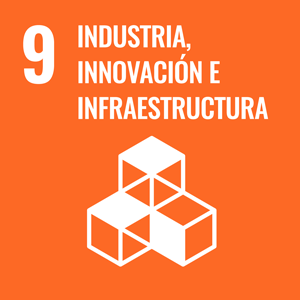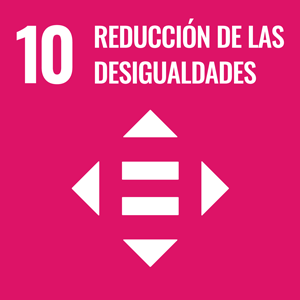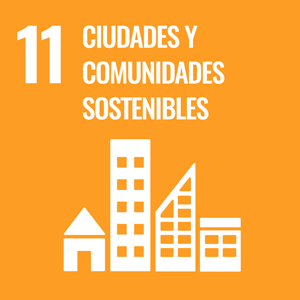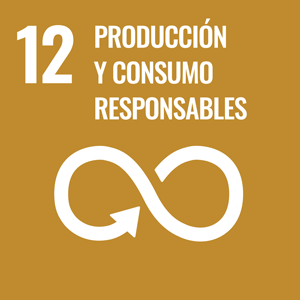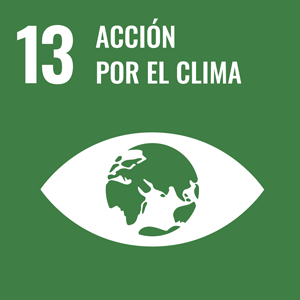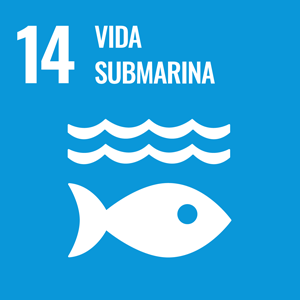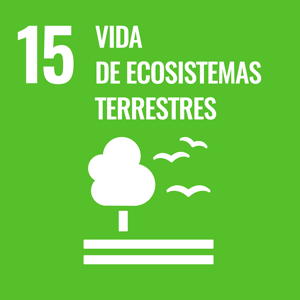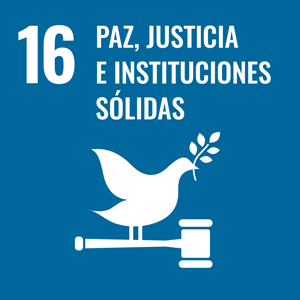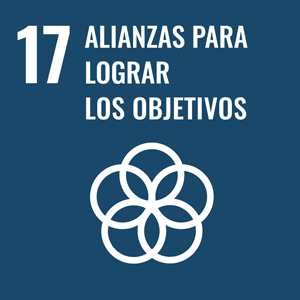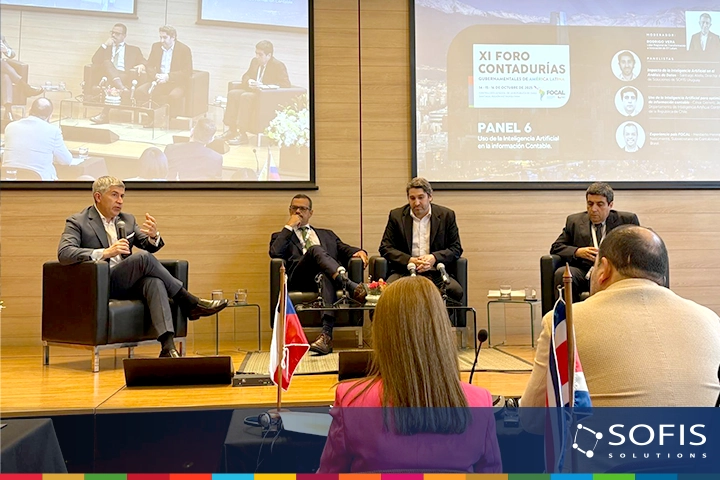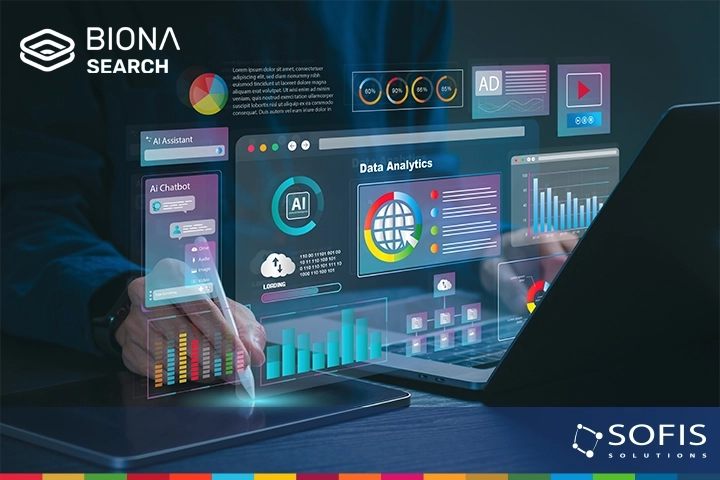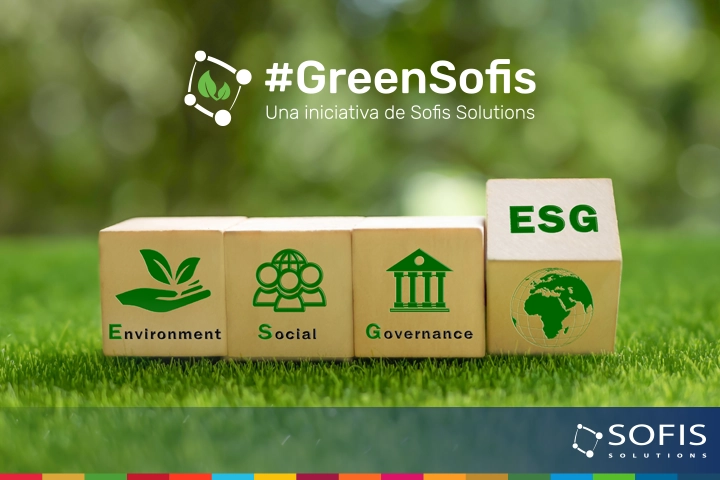-
Who we are
-
-
StrategyMission
To solve the challenges of organizations and communities through intelligent, secure, sustainable, and people-centered solutions, so they generate real value in their social and productive contexts.
VisionTo be the chosen company by organizations seeking to innovate with quality, purpose, and trust in the intelligent era.
Learn moreValues- Ethics and transparency
- Professionalism
- Respect
- Honesty
- Innovation
- Responsibility
- Effectiveness
- Integrity
- Customer orientation
- Punctuality
-
-
-
History
Sofis Solutions was born in 2005, in the city of Montevideo - Uruguay.
Since its inception, the main driver was and remains quality. This applies to processes, products, and relationships with the environment.The internationalization of the company It was one of the founding objectives. In the first stage, it expanded from Uruguay, and in the second stage, it opened offices in Latin American countries. Currently, it has offices in Montevideo, Panama, El Salvador and Ecuador.
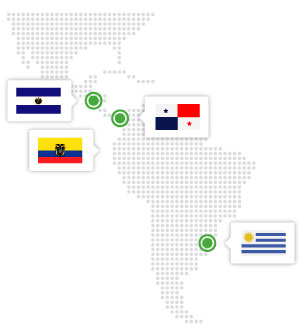
-
-
-
Alliances

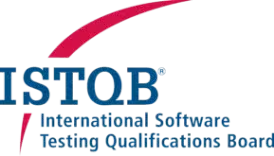

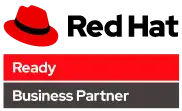

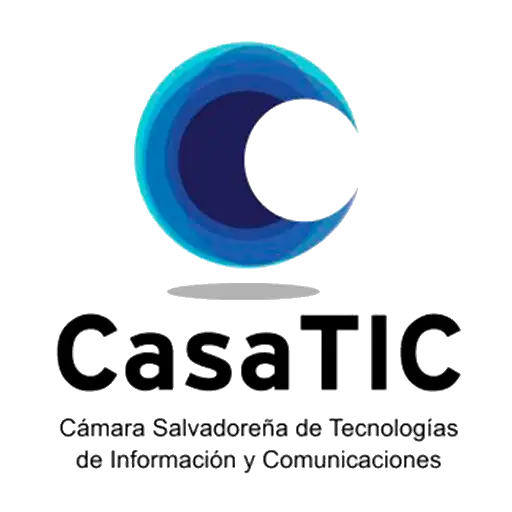
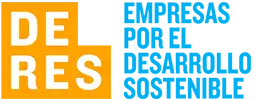

-
-
-
Certifications

CMMI-DEV-3
More informationNational Quality Award - 2023 Edition
More informationISO 9001:2015
Quality Management SystemISO 37001:2016
Anti-Bribery Management SystemISO 14001:2015
Environmental Management System
-
-
-
SustainabilityLearn more
Sofis Solutions integrates environmental, social, and governance (ESG) principles into its management and operations, driving sustainability through Digital Transformation. Its strategic approach prioritizes energy efficiency, digital inclusion, and transparency in digital governance, contributing to the responsible development of organizations.
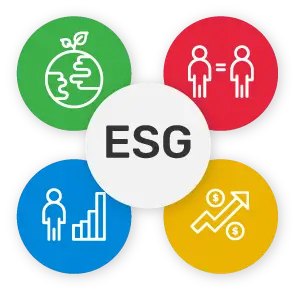
-
-
-
What we do
-
-
IT projectsLearn moreAt our Software Factory, we specialize in providing software development solutions with a focus on excellence and sustainability.
-
-
-
Software qualityOur software quality services comprehensively address the aspects or dimensions of software quality, addressing this approach throughout the entire software development cycle.
- Manual and automated functional suitability testing
- Performance testing
- Software product quality
- Software quality consulting
Learn more
-
-
-
Staff AugmentationLearn moreWhat is IT Staff Augmentation? IT Staff Augmentation is a specialized technical staffing model that enables organizations to increase their agility and respond to the changing technological needs of the market.
-
-
-
ConsultancyIn the public sector, strategic decisions and projects with citizen-centered designs and excellence have the power to transform entire communities.Learn more
-
-
-
BIonA SuiteBIonA Suite is a comprehensive platform for the intelligent management of processes and services in public and private organizations. BIonA Suite facilitates smart transformation with a focus on public value and user experience. Learn more
-
-
-
Projects
-
-
Recent projects
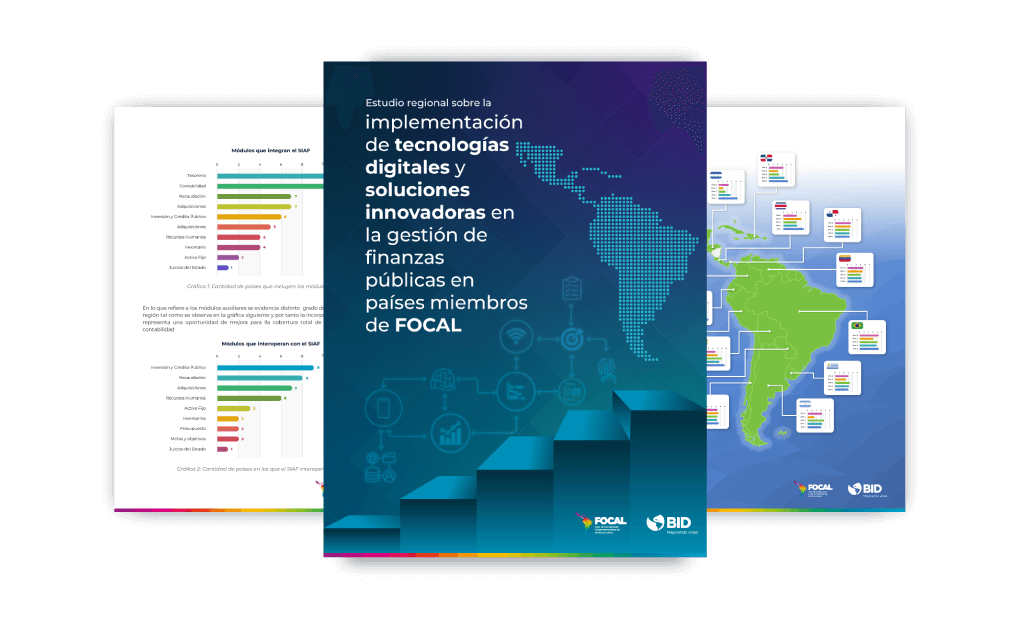 FOCAL Regional StudyFOCAL - El Salvador
FOCAL Regional StudyFOCAL - El Salvador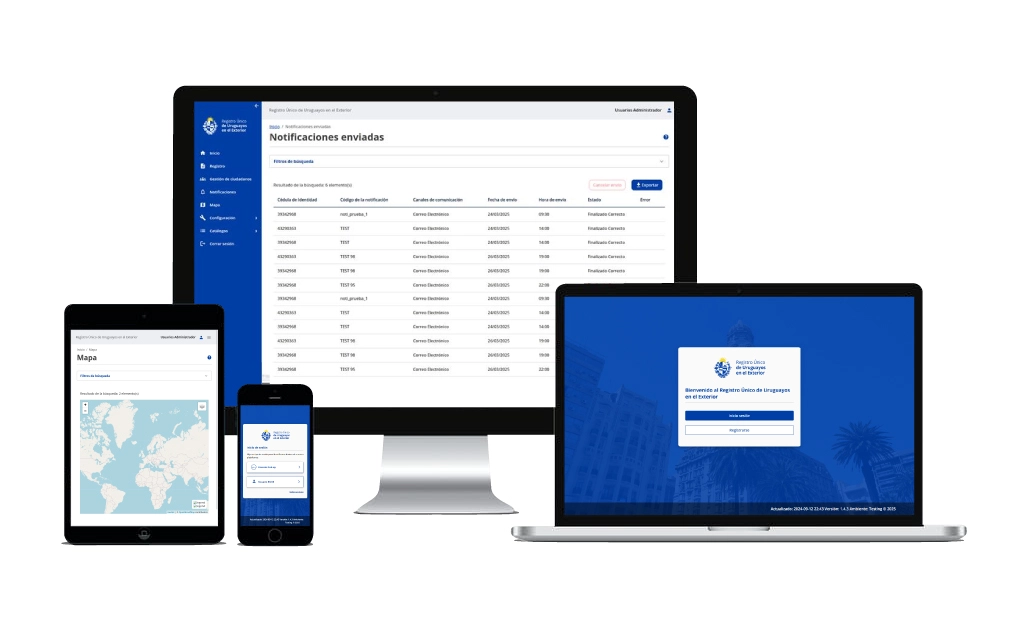 Single Registry of Uruguayans AbroadMinistry of Foreign Affairs - Uruguay
Single Registry of Uruguayans AbroadMinistry of Foreign Affairs - Uruguay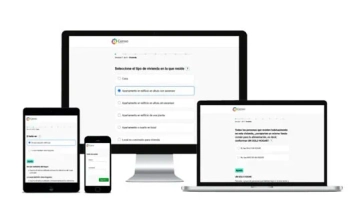 Population and Housing Census 2023National Institute of Statistics - Uruguay
Population and Housing Census 2023National Institute of Statistics - Uruguay
-
-
-
Digital Public InfrastructureWhat are Digital Public Platforms?ProjectsProducts
-
-
-
-
Mobile applicationsWe create hybrid, native, and PWA solutions for devices with Android and iOS operating systems.
Some of our projects:Digital Patrols, Ecuadorian Bovine Information System, Easy Budget UY, Digital Portfolio, SIGES Teachers App, SIGES Parents App.
Learn more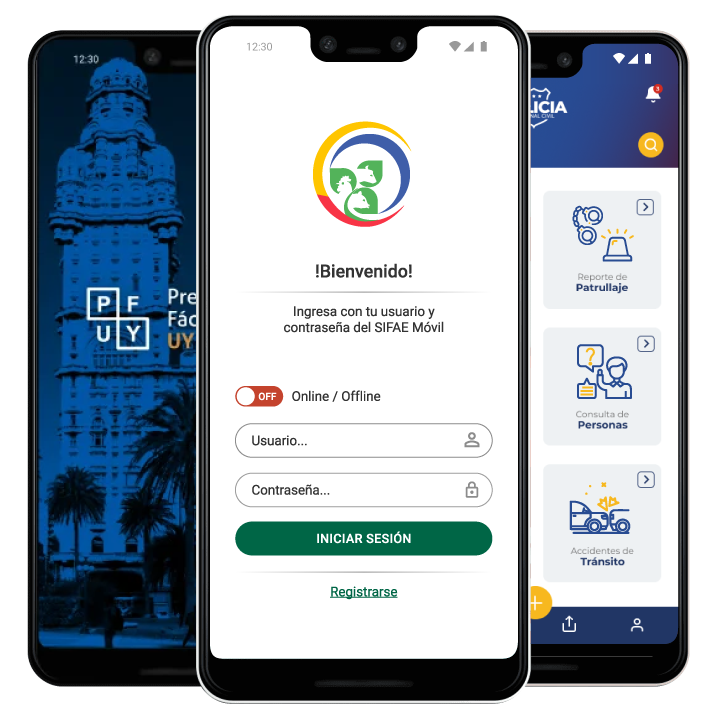
-
-
-
FOCAL regional studyThe purpose of the study was to carry out a regional analysis with the objective of identifying and evaluating the maturity level of the member countries of the Latin American Government Accounting Forum (FOCAL), currently composed of Argentina, Bolivia, Brazil, Chile, Colombia, Costa Rica, Ecuador, El Salvador, Guatemala, Honduras, Mexico, Nicaragua, Panama, Paraguay, Peru, Dominican Republic, Uruguay and Venezuela.Learn more
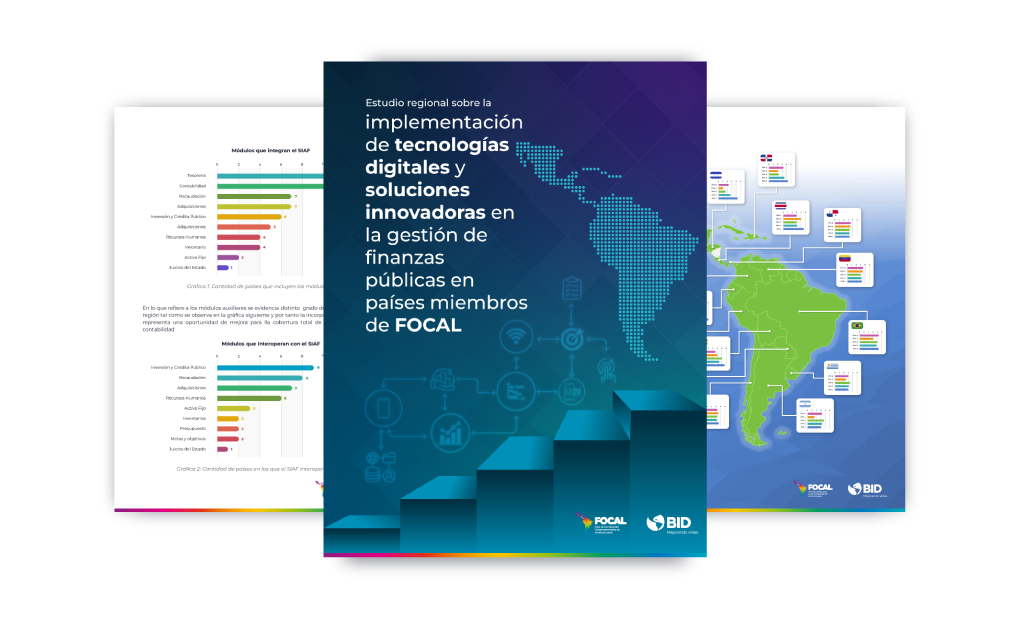
-
-
- AI
-
-
Artificial IntelligenceLearn moreAdvanced Artificial Intelligence (AI) and Big Data solutions that transform the way organizations make decisions and optimize their operations. We specialize in the development of intelligent autonomous agents and generative AI solutions using large language models (LLMs), both on local infrastructure and in the cloud.
-
- Press Room
-
-
Sustainable development
-
-
-
Interviews
 16/06/2025Virtual Threads in Java
16/06/2025Virtual Threads in Java
-
- Innovation
-
-
#GreenSofisMore information
Methodology
#GreenSofisSustainable Digital Transformation Conference
#GreenPath
-
-
-
AI For Everything
It is an initiative by Sofis Solutions, from the Intelligent Solutions Division, that promotes the adoption of artificial intelligence as a key driver of efficiency and effectiveness in the intelligent era.
It integrates both administrative and operational processes, promoting an organizational evolution where technology amplifies knowledge, optimizes decision-making, and generates value in a sustainable and inclusive way.
More information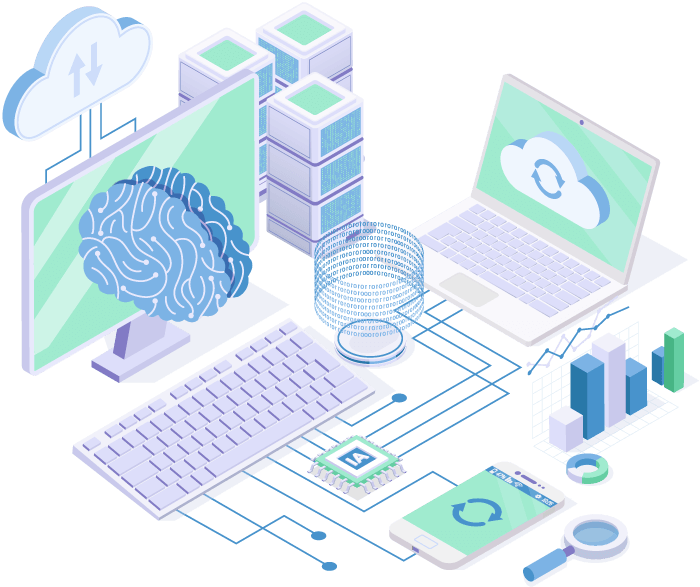
-
- Contact us
- ES PT-PT
-

Sustainable Software and Planned Obsolescence close the 3rd Sustainable Digital Transformation Conference
Montevideo, November 28, 2024.
On the second day of the III Sustainable Digital Transformation Conference, topics such as Sustainable Software Engineering—applied at Sofis Solutions through the GreenCode project—and measures to prevent planned obsolescence in interface design were addressed.
In the previous article, we highlighted some of the topics discussed on the second day of the III Sustainable Digital Transformation Conference. In this edition, we delve into: “Applications of Sustainable Software Engineering at Sofis Solutions – The GreenCode Project”, “How to Prevent Planned Obsolescence in Interface Design”, and finally, “#GreenSofis – Plan 2025 and New Standards.”
GreenCode: a Code Project for Sustainability
The third afternoon session was led by Octavio Aguiar and Facundo Lima, Software Engineering Assistants at Sofis Solutions. In their presentation, they addressed applications of Software Engineering at the company and introduced the GreenCode project.
Facundo Lima began by explaining the concept of Sustainable Software Engineering, which focuses on developing systems and applications in an environmentally responsible manner. He also shared practical examples of how code affects energy consumption, including aspects such as data storage and management, as well as code obsolescence over time.
Next, he presented Sofis Solutions’ GreenCode project, which aims to ensure the implementation of Sustainable Software Engineering practices throughout the entire development lifecycle. He also emphasized the creation of knowledge, materials, and tools that enable adherence to these practices, with a focus on code sustainability and maintainability.
How GreenCode is Implemented
The project relies on optimizing algorithms, efficient use of resources, elimination of redundancies and unnecessary queries, code refactoring and maintenance, as well as continuous monitoring of energy consumption.
Meanwhile, Octavio Aguiar discussed the tools used in GreenCode, designed to facilitate sustainable code monitoring and optimization. Among the most notable, he mentioned: AWS CloudWatch, Google Lighthouse, and SonarQube.
In particular, Aguiar emphasized SonarQube, which allows analysis of code quality and evaluation of key metrics, in addition to offering recommendations for software improvement. He noted that using SonarQube together with EcoCode makes it possible to generate technically high‑quality, environmentally friendly applications. EcoCode is the plugin that Sofis Solutions has started integrating into SonarQube for Java projects, and soon it will be available for other programming languages.
Planned Obsolescence in Interface Design
In the fourth presentation, Néstor Menjívar, a web designer at Sofis Solutions, explored the topic: “Planned Obsolescence in Interface Design.” He explained the concept of planned obsolescence, provided examples, and detailed how to avoid it when designing interfaces.
Menjívar highlighted that planned obsolescence is an action—whether intentional or unintentional—that causes products to become nonfunctional after a certain period. Examples include mobile phones released annually, accompanied by software updates designed to optimize features only available on newer models.
He also pointed out that as technology advances, interfaces can quickly become obsolete. This significantly impacts user experience and digital sustainability. In terms of sustainability, this phenomenon increases electronic waste, as users often replace fully functional devices with newer models. This generates more e-waste and incurs high energy consumption associated with interfaces that are not optimized.
To conclude the presentations, Sofis Solutions’ General Management closed the third edition of the Sustainable Digital Transformation Conference. During the closing, a summary of the talks from both days was shared, along with updates on the #GreenSofis project and the sustainability objectives set for 2025.
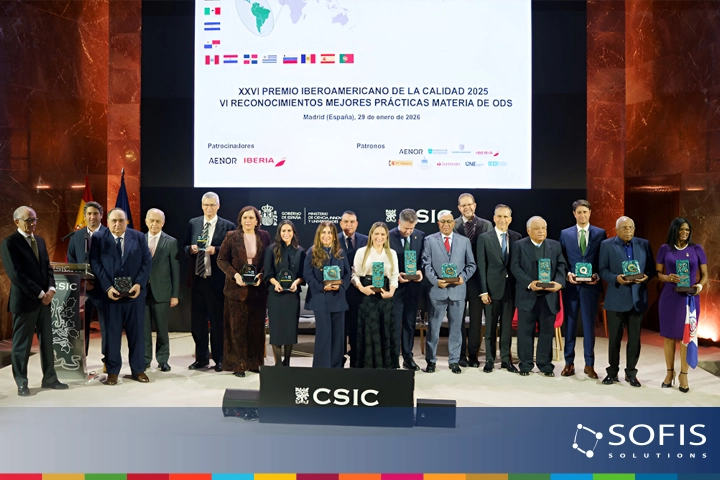
Madrid, January 29, 2026 – Sofis Solutions was honored with the Silver Award at the 2025 Ibero-American Quality Award, the highest recognition for exc......
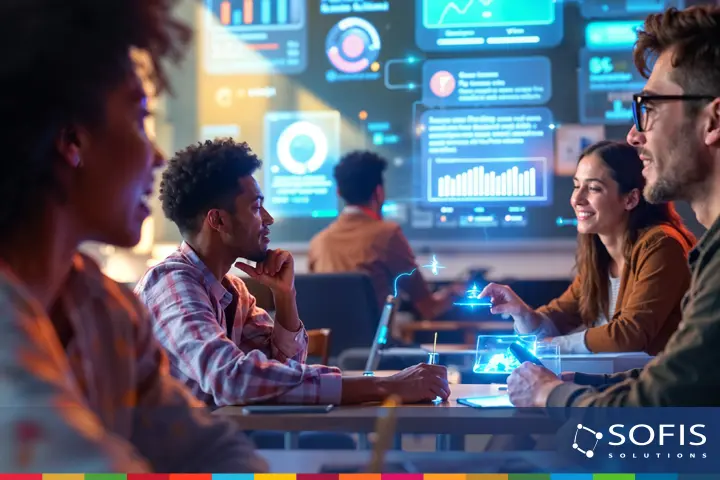
In this interview we talked with the Software Engineering Group of Sofis Solutions, a team that has been actively working on the evolution of its deve...
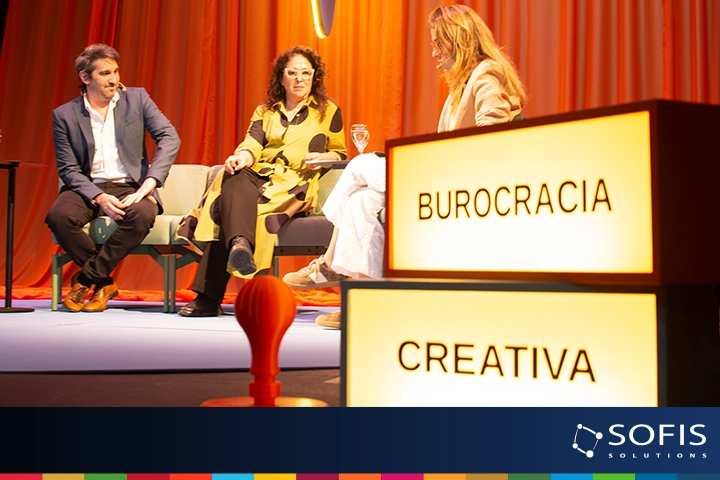
On November 20th, the pilot edition of Creative Bureaucracy UY 2025 took place at the Sala Verdi, the local precursor to the Creative Bureaucracy Fest...












 Digital Signature
Digital Signature BionA Suite
BionA Suite Biona SIgn
Biona SIgn